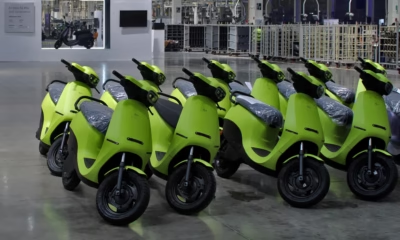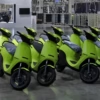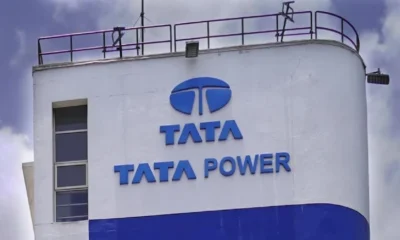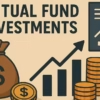EV: The primary plan of Tesla in India is to import automobiles and sell them in India. However, Musk and US President Donald Trump have repeatedly said India’s car taxes are too high.
India’s latest electric vehicle (EV) policy, which aims to attract foreign automakers by offering import tax reductions, will restrict investment relief for charging infrastructure, according to a government draft document seen by Reuters. The move is expected to push automakers to prioritize car production over charging networks.
Tax Incentives and Investment Conditions
The policy, announced in 2024, is designed to encourage companies like Tesla to manufacture EVs in India. It allows foreign automakers to import EVs at a reduced tariff of 15% (compared to the existing 100%), but only if they invest at least $500 million in setting up a local manufacturing facility.
However, the new draft guidelines clarify that only 5% of the total committed investment can be attributed to charging infrastructure, even if companies choose to invest more in the power network.
Push for Manufacturing Over Charging Infrastructure
The Indian government’s priority is to establish local EV production, rather than just expanding charging stations. While lack of charging infrastructure remains a major hurdle for EV adoption in India, policymakers believe that long-term growth depends on boosting domestic manufacturing capabilities.
An industry source revealed that some automakers may be disappointed by this restriction, as they were hoping to allocate a larger share of their investments toward charging networks. However, New Delhi wants companies to focus on building EVs rather than just setting up charging stations.
Also read: Mizoram plans to amend liquor prohibition law to allow beer sales
Tesla’s India Plans
Tesla, which has been in talks with Indian officials, is gearing up for its entry into the Indian market with imported vehicles. The company recently finalized locations for its first showrooms and is hiring a charging developer to expand charging sites in India.
However, Tesla CEO Elon Musk previously put on hold manufacturing plans in India, citing concerns over global EV demand and India’s high tariffs. The new policy framework could determine the company’s next steps in India.
Revenue Targets and Penalties for Automakers
To qualify for import tax benefits, automakers must achieve minimum revenue targets:
- $577 million turnover by the fourth year of operations
- $866 million turnover by the fifth year
Failure to meet these requirements will result in penalties ranging from 1% to 3% of the revenue shortfall.
Impact on Global Automakers
Apart from Tesla, other foreign carmakers such as Hyundai and Toyota have expressed interest in EV production in India.
These companies are exploring new factory investments or expanding existing plants to meet the rising demand for electric mobility.
The Indian government is expected to finalize the policy by next month, following consultations with automakers and industry stakeholders.
































